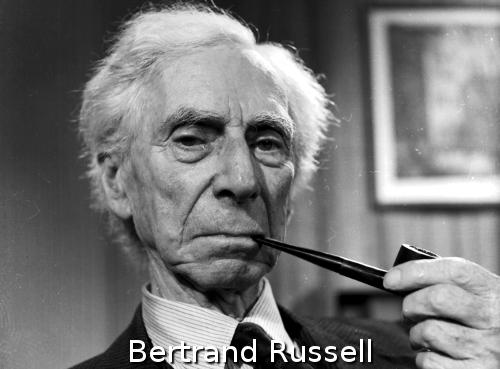|
David Hills (Stanford) gives a pithy summary of our enterprise:
Philosophy is the ungainly attempt to tackle questions that come naturally to children, using methods that come naturally to lawyers.
Reading philosophy is thus not like reading literature, history, science publications, psychology, news articles, manga, or (thankfully) youtube comments.
What is it like to read philosophy? Philosophical writing can be--though it need not be, nor should it be--infuriatingly dense, rife with special terminology, and confusing by dint of argumentative convolutions. Perhaps philosophers may be forgiven some of their excesses. After all, they are absorbed in the difficult process of exploring fundamental questions, questions which are frequently met with a puzzled, "why would anyone ask that?"
In any case, reading philosophy is a process of reading and re-reading, slowly, carefully, and thoughtfully, so as to gradually uncover the contours of the philosopher's arguments (or, where the terrain is indiscernible or ambiguous, to charitably extend them the best interpretation). Ultimately, the goal is a grasp sufficient to support critical analysis with an eye towards justified evaluation.
Skilled philosophers particularly demand sophisticated (read, "logically astute") reading. The arguments they are giving, that is to say, demand a great deal in terms of the reader's understanding of how logic underwrites philosophical inquiry. Being fluent in the language of logic and the nature of argument is thus a necessary first step to achieving this understanding.
More than anything, though, reading philosophy demands the reader interact with the writing by underlying, taking copious notes, asking questions, discussing with others, and periods of 'setting aside' to give the mind all too important breaks.
So above all, be patient. Don't expect every reading to go smoothly. Be prepared to feel intellectually woozy, disoriented, and, at times, abysmally lost. Good philosophy, important philosophy, philosophy, that is to say, that has proven the test of time, will reward your patience on every rereading with better understanding.
Below are some handouts and notes with advice and background material to get you started reading philosophy:
|
 |